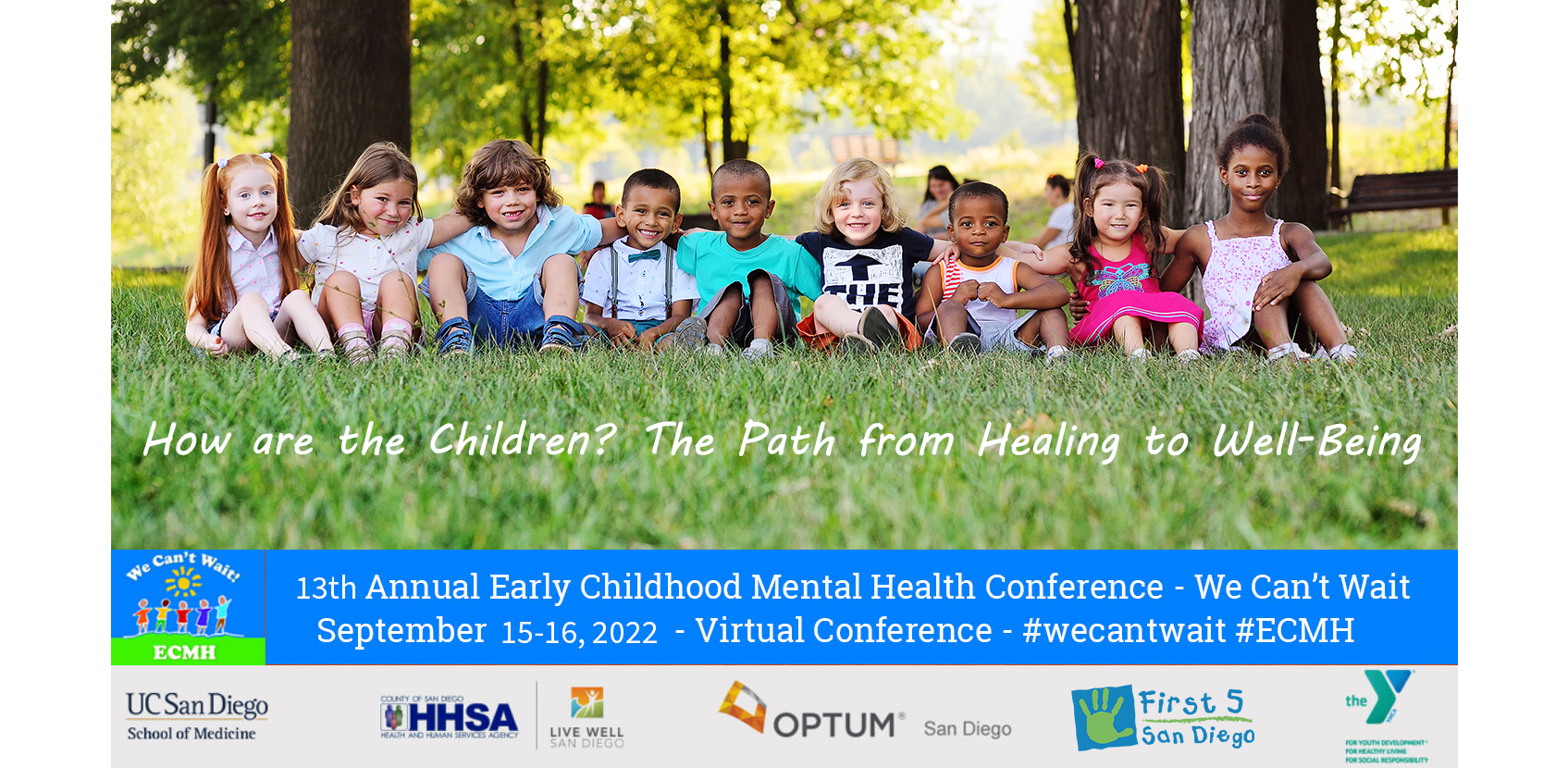As we continue to move through these uncertain times, it is important to revisit the original vision for this Early Childhood Mental Health Conference. We Can’t Wait. We can’t wait to see how the pandemic, remote learning, isolation, school shootings, and other current family and environmental stressors affect children and families. We can’t wait for research studies to inform us of the long-term effects of these “new” adverse childhood experiences. We can’t wait until children are in school and watch for behaviors that will indicate a need for resources. We must begin earlier. We must screen, evaluate and provide proper care for pregnant women, neonates, infants and children 0-5 years of age!
There is a tribe in Africa called the Masai whose traditional greeting to each other is “Casserian Engeri.” It means, “And how are the children?” The adults do not ask each other, “How are you?” or “How is your day?” They ask about the next generation, because if the children are well, then all is well. This is an indicator of the high value the people place on the well-being of the children. What if our attention and intentions could be shifted to include this daily perspective in every community? Let’s not wait.
Join us for the 13th Annual Early Childhood Mental Health (ECMH) Conference, where we will focus on the path from healing to well-being for our children. Presenters will focus on early childhood development, epigenetics, resilience and protective factors in children and families and will address the unique and complex needs of families living in very challenging circumstances. Distinguished speakers will provide updates on evidence-based practices, trauma-informed care, child welfare services, and advances in early education programs that address improving social-emotional development.
Learning Objectives:
By attending this educational activity, attendees will be able to:- Review the neurobiological nature of the developing brain and recognize how it is directly shaped by interpersonal experiences
- Examine the impact of early childhood experiences on the expression of genes
- Discover proven methods to help children learn self-management skills while collaborating to make the home and classroom a peaceful and productive environment for young children
- Identify best practices in socio-emotional support and strategies for cultivating positive classroom culture that extend to the home and community
- Create partnerships among healthcare, education, behavioral health, and child welfare professionals to positively support a child’s developmental experience
